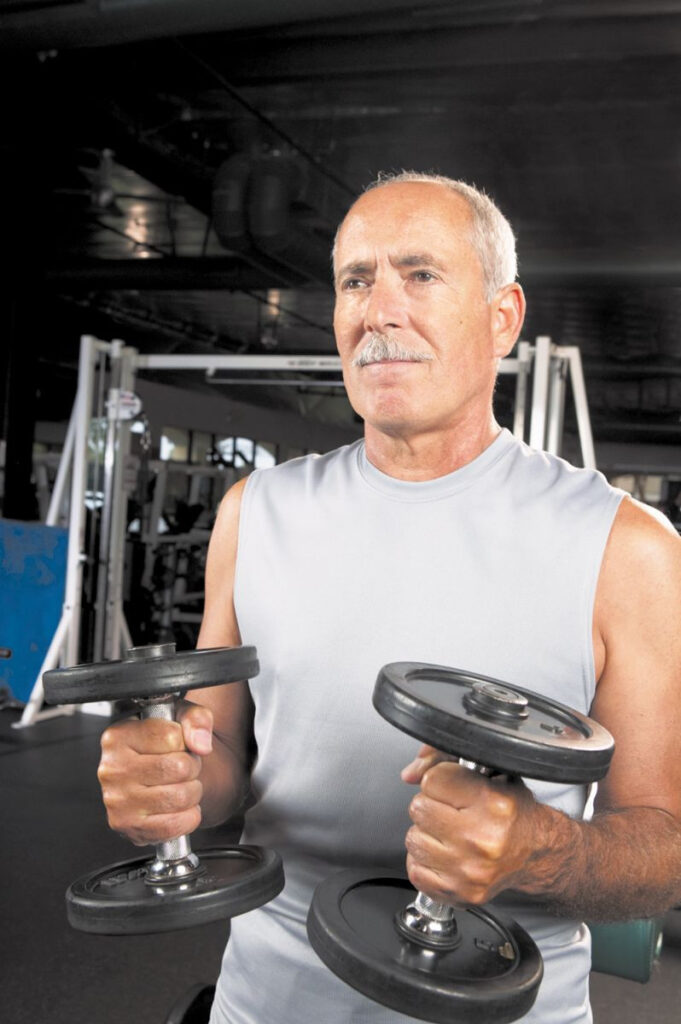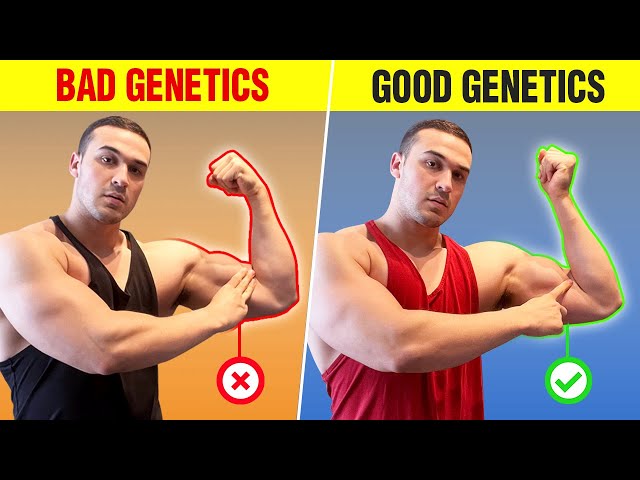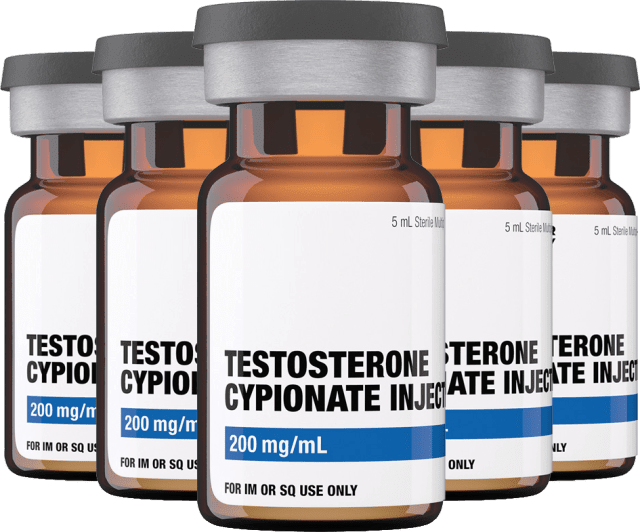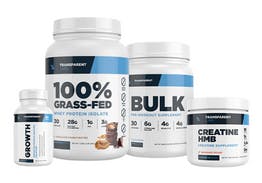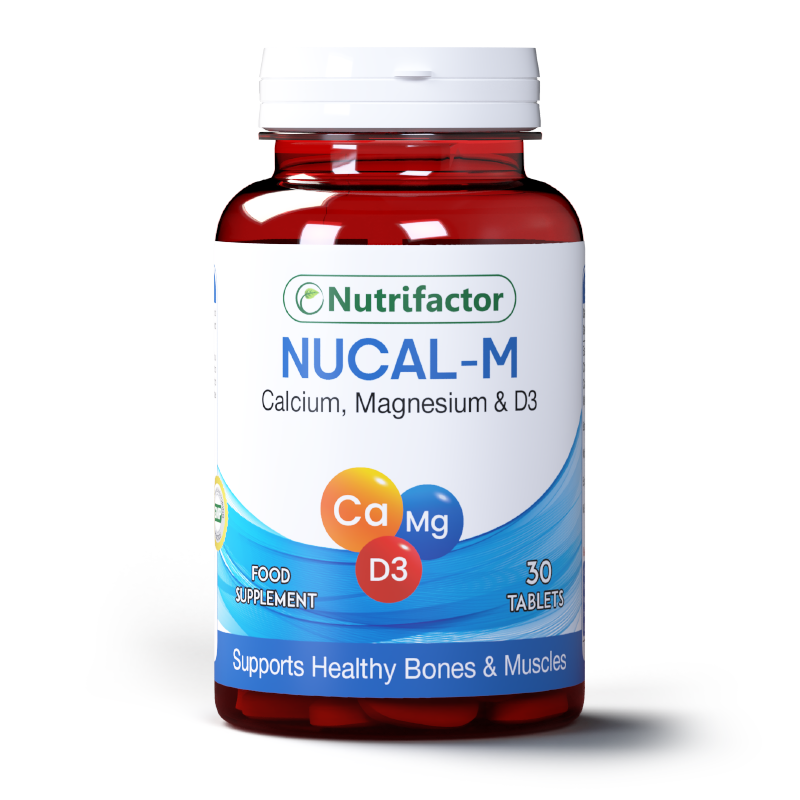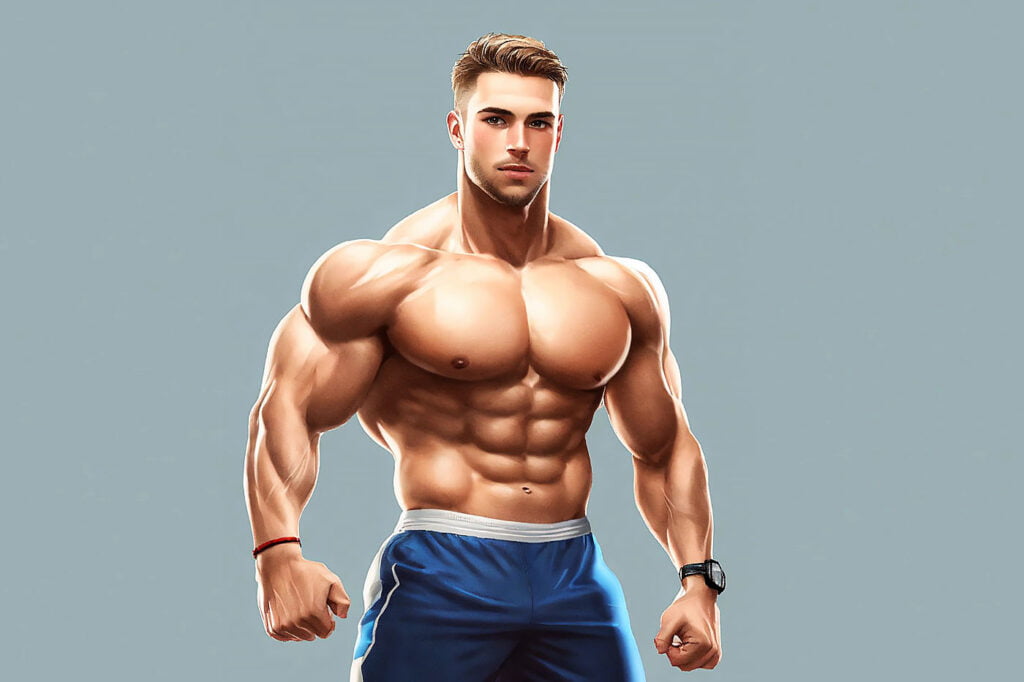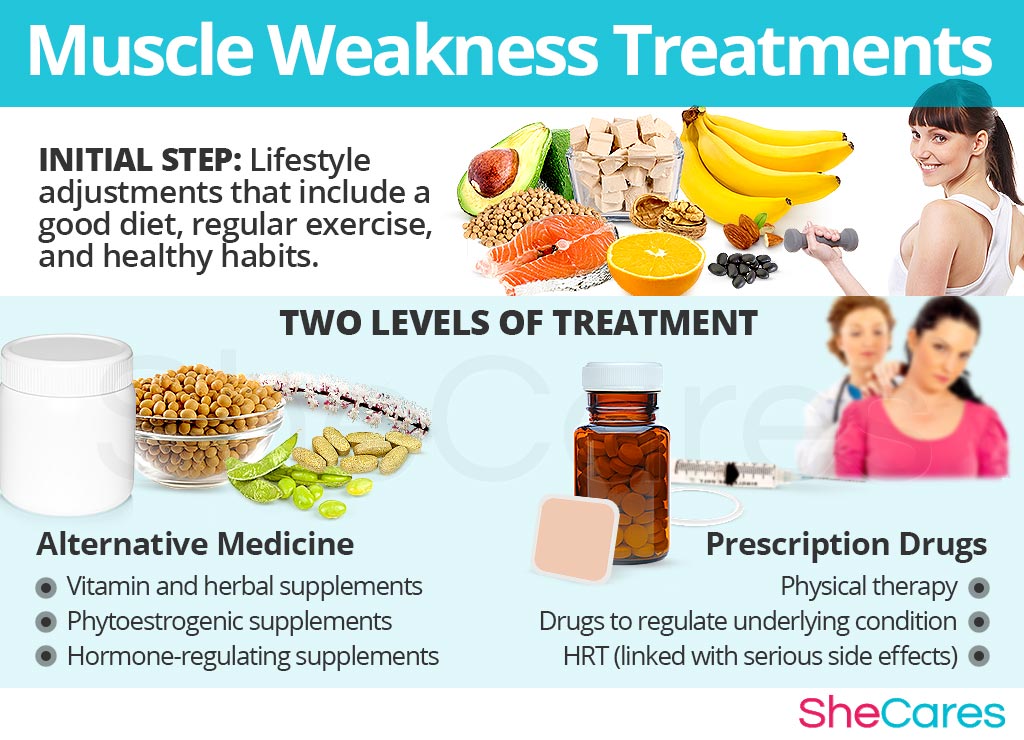Muscle growth typically slows down significantly by the age of 40. However, it doesn’t completely stop and can continue with proper training.
Muscle growth is a complex process influenced by genetics, age, and lifestyle. While muscle-building potential is highest during the teens and twenties, it doesn’t completely halt as you age. Regular strength training and a balanced diet can help maintain and even increase muscle mass well into the later years.
Hormonal changes, particularly a decline in testosterone, play a role in the reduced muscle growth rate after 40. Staying active and incorporating resistance exercises are crucial for muscle health. Understanding these factors can help you develop a more effective fitness routine tailored to your age and physical condition.
Introduction To Muscle Growth
Muscle growth begins early in life. Kids start developing muscles during childhood. Active play and sports help in muscle growth. Nutrition is also crucial. Proteins and vitamins support healthy muscle development. Schools often encourage physical activities. This helps children build strong muscles. Consistent exercise is key.
Peak muscle mass is usually reached in the late 20s or early 30s. During this time, muscles are at their strongest and largest. Regular exercise and good nutrition help maintain this peak. Weightlifting and resistance training are very effective. Hormones like testosterone play a big role. After reaching peak muscle mass, maintenance becomes essential.
Credit: orthoinfo.aaos.org
Biological Factors
Genes play a big role in muscle growth. Some people have genes that help them build muscle faster. Others might find it harder. Your genes can affect your muscle size and strength. Family history can also show how your muscles might grow. If your parents are strong, you might be too. But, everyone is different. Working hard can still make a big difference.
Hormones are chemicals in your body. They help you grow and get stronger. Testosterone is a key hormone for muscle growth. Men have more testosterone than women. This helps them build more muscle. As people get older, hormone levels change. Testosterone levels drop with age. This can slow down muscle growth. But, staying active can help. Exercise keeps your muscles strong.
Age And Muscle Growth
Boys and girls grow muscles fast during their teen years. This is because of hormones like testosterone and estrogen. These hormones help build muscle mass quickly. Teens who exercise can see more muscle growth. Eating well and sleeping enough also help muscles grow. By the end of teenage years, muscle growth slows down. But young adults can still build muscle with effort.
Adults can keep growing muscles with exercise and good nutrition. Muscle growth slows down after age 30. This is because the body makes fewer hormones. Regular strength training helps maintain muscle. Adults need more protein to keep muscles strong. By age 50, muscle loss can start. This is called sarcopenia. Staying active helps fight muscle loss. Good habits help muscles stay strong longer.

Credit: www.health.harvard.edu
Plateau And Decline
Muscle growth often plateaus in the late 30s or early 40s. During this time, gains become slower. People need to work harder to see progress. The body’s natural ability to build muscle decreases. This is due to hormonal changes. Testosterone levels drop, affecting muscle growth. Nutrition and exercise become even more important. Consistency can help maintain muscle mass. Taking care of your body can delay the plateau.
Muscle decline often starts in the 50s or 60s. Strength decreases and muscles feel weaker. Recovery from workouts takes longer. Everyday tasks become harder to do. Muscle mass visibly reduces. Fat replaces lost muscle tissue. Staying active can slow this decline. Regular exercise and good nutrition are key. Weight training helps maintain muscle. Protein intake is crucial for muscle health.
Lifestyle Impact
Healthy dietary habits are key to muscle growth. Eating protein-rich foods helps muscles grow. Examples include chicken, fish, and beans. Vegetables and fruits give vitamins and minerals. Drinking enough water is also important. Avoid too much sugar and junk food. They can slow muscle growth.
Regular exercise routines are crucial for muscle growth. Strength training is very effective. Lifting weights helps muscles get bigger. Exercises like push-ups and squats are great. Consistency is key. Exercising three to four times a week is ideal. Always warm-up before starting. Rest days are also important. They allow muscles to recover.

Credit: theconversation.com
Role Of Nutrition
Protein is very important for muscle growth. Children need protein to grow strong. Adults need it to maintain muscles. Older people need more protein. Their muscles get weaker with age. Eating meat, beans, and nuts helps. Eggs and dairy are also good. A balanced diet is key.
Sometimes food is not enough. Supplements can help. Protein shakes are popular. They are easy to make. Vitamins and minerals are also important. Omega-3 helps muscles. Creatine can boost muscle growth. Always consult a doctor before taking supplements.
Exercise And Maintenance
Strength training is key for muscle growth. It helps build and maintain muscle mass. Begin with light weights and increase slowly. Consistency is more important than lifting heavy weights. Muscles need rest to grow. Ensure you get enough sleep each night. Proper nutrition is also vital. Eat protein-rich foods to support muscle repair.
Cardiovascular health is essential for overall fitness. It supports muscle growth and maintenance. Regular cardio exercises improve heart health. Activities like running, biking, or swimming are good options. Aim for at least 30 minutes of cardio five days a week. Mix different types of cardio to keep it fun. Good heart health helps muscles get oxygen and nutrients.
Scientific Studies
Studies show that muscle growth can continue until the age of 30. After 30, muscle mass tends to decline. This decline is slow at first. It becomes more noticeable after 50. Exercise can help slow this decline. Strength training is very effective. Diet also plays a key role. Protein intake is important.
Experts agree that muscle growth varies. Genetics play a big part. Some people build muscle easily. Others find it harder. Keeping active is essential. Regular exercise helps maintain muscle. Staying fit is important at any age. Experts suggest starting young. Building good habits early helps. Everyone can benefit from exercise.
Myths And Misconceptions
Many people think muscle growth stops at a certain age. This is not entirely true. Muscle growth can continue into older age with proper exercise. Some believe only young people can build muscle. Older adults can also gain muscle with strength training. Exercise and diet play key roles in muscle growth.
It’s a myth that muscle growth is impossible after 30. Research shows muscle can grow at any age. Strength training helps in maintaining and building muscle. Good nutrition supports muscle development. Muscle growth is not limited to young people.
Practical Tips
Consistency is key. Regular exercise helps maintain muscle growth. Balanced diets are essential. Include protein, carbs, and healthy fats in meals. Stay hydrated throughout the day.
Get enough sleep every night. Rest helps muscles recover. Avoid overtraining. Listen to your body. Stretching improves flexibility and prevents injury.
Set realistic goals for muscle growth. Track progress regularly. Adjust plans as needed. Stay motivated through challenges. Celebrate small achievements.
Focus on overall health. Strength training and cardio are both important. Maintain a positive mindset. Patience is crucial for long-term success.
Frequently Asked Questions
At What Age Does Muscle Growth Peak?
Muscle growth typically peaks in your late 20s to early 30s. This period is when muscle mass and strength are at their highest.
Can Muscle Growth Continue After 30?
Yes, muscle growth can continue after 30 with proper exercise and diet. However, gains may be slower compared to younger years.
Does Muscle Growth Stop Completely With Age?
No, muscle growth doesn’t stop completely with age. It slows down but can continue with consistent strength training and nutrition.
Why Does Muscle Growth Slow With Age?
Muscle growth slows with age due to hormonal changes and a decrease in physical activity. Maintaining an active lifestyle helps mitigate these effects.
Conclusion
Understanding the age at which muscle growth stops helps tailor fitness goals effectively. It’s never too late to stay active and maintain muscle health. Consistent exercise and proper nutrition play crucial roles. Stay informed and adapt your workout routines as you age to achieve the best results.
Keep pushing your limits!

